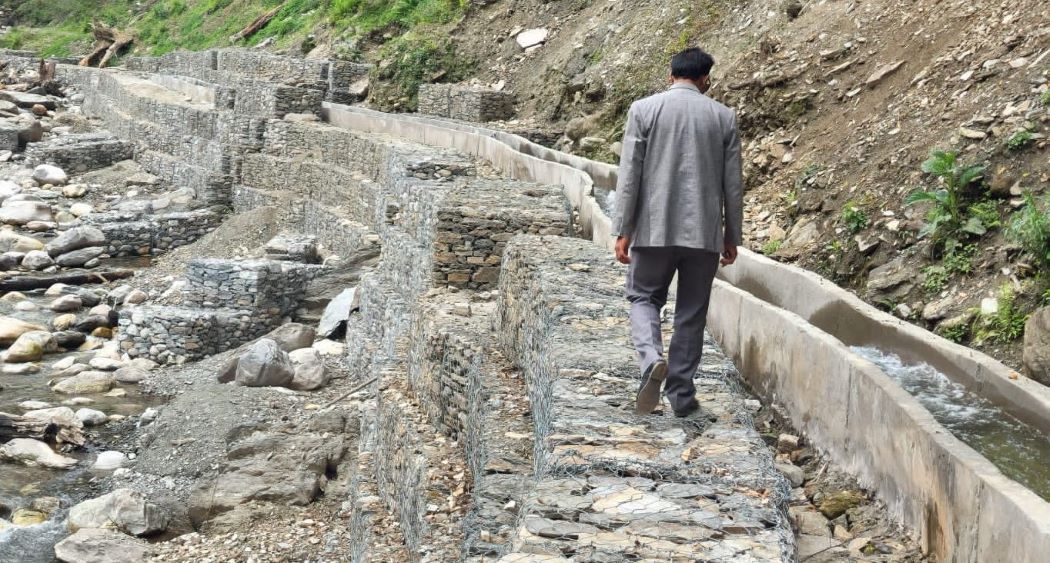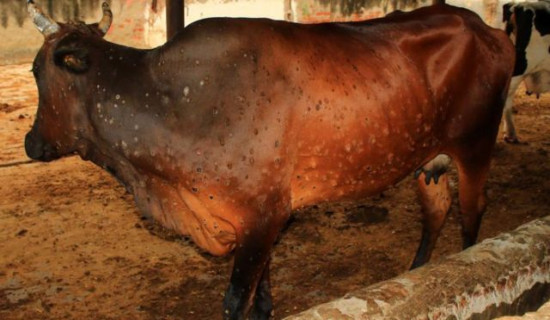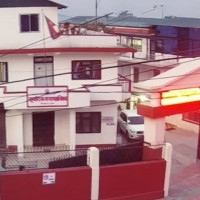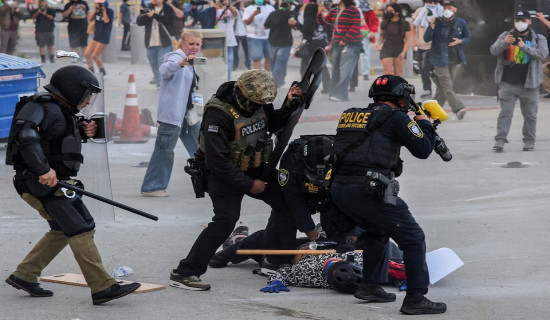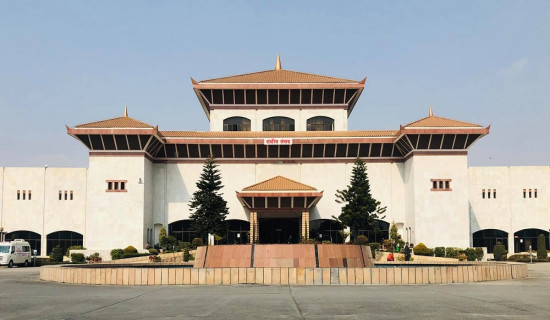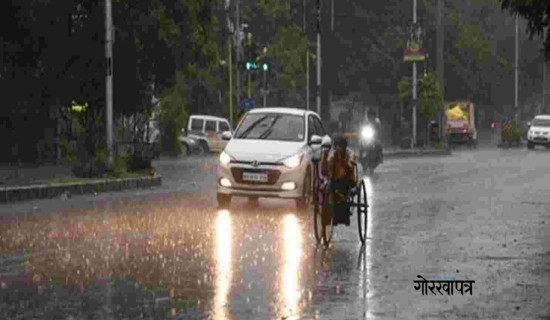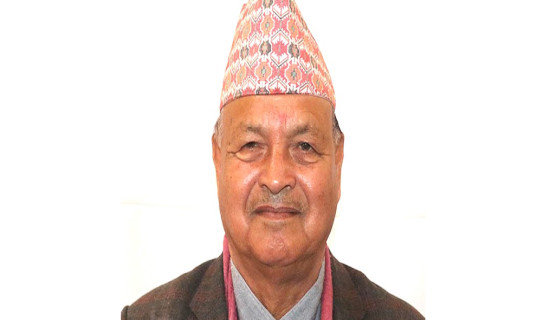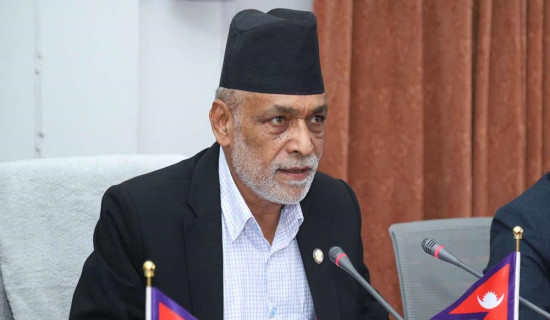- Sunday, 8 June 2025
Local Infrastructure Support Programme becomes a role model
By Sahadev Basnet, Jajarkot, June 8: The local Infrastructure Support Programme is being developed as a model in the Jajarkot district. The Programme was conducted in partnership with the Government of Nepal, the British Embassy, the World Food Programme and 15 local levels of Karnali Province.
The World Food Programme has made it clear that the pilot phase of the local infrastructure support programme is being implemented in 15 municipalities at various local levels in nine districts except for Rukum West.
According to the project, activities such as climate upliftment, green recovery, and sustainable land management are being carried out under the Programme. According to the project, the objective of the Programme is to prioritize and select projects that create jobs at the local level and sustainably manage the infrastructure at the local level.
Nar Bahadur Giri, Vice Chairperson of Barekot Rural Municipality informed that repairing the Gagrakhola micro-hydro project, Fadka Khola micro-hydro project, Rajuwasirp sand embankment and Daha herb collection centre have been built as model infrastructures in the current fiscal year.
Bir Bahadur Giri, Chair of Barekot Rural Municipality informed that four projects have been completed in Barekot in the current fiscal year through the local infrastructure support programme.
According to Chair Giri, the project was completed with a contribution of 13.8 million rupees from the programme and about 4.5 million rupees from the municipality.
The World Food Programme has informed that 11 projects have been implemented in the current fiscal year in the Nalgad and Barekot Rural Municipality of Jajarkot. Locals have said that the improved procurement method adopted by the programme in the implementation of the project and the process of payment of workers' wages are exemplary of the project.
Similarly, it is said that social inclusion, procurement method, equal wages for men and women, and maintenance fund projects are model working methods.
Under this method, the local levels procured and supplied the non-food materials required for the project in accordance with the Public Procurement Act 2064. Similarly, other works have been done through the consumer committee and the wage payment of the workers involved in the project is done directly through the bank account.
Through the Chief Administrative Officer programme of the rural municipality, the local level is also being facilitated in the formation of policy documents. Local policies such as the Local Infrastructure Development Project Operation and Management Act, Suggestion and Complaint Management Procedures, and Environmental and Social Impact Assessment Guidelines are also facilitated through the Local Infrastructure Development Programme.

